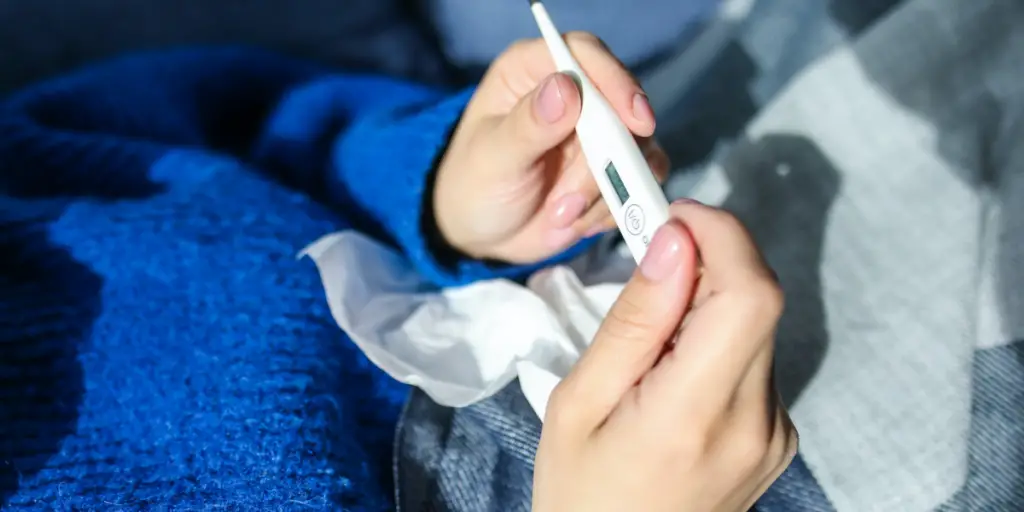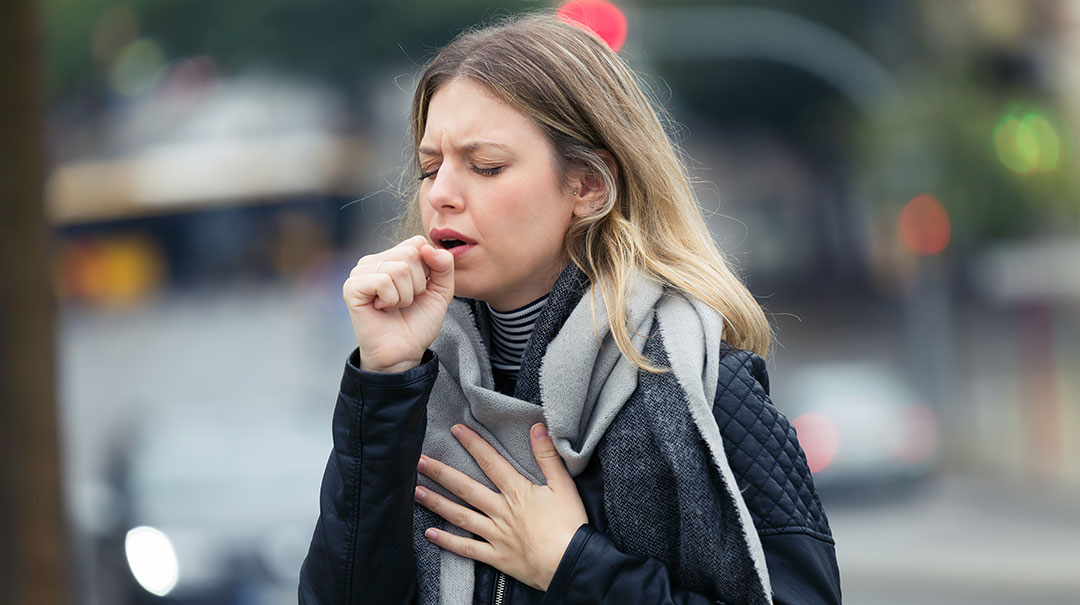Instances of a highly transmissible '100-day cough' are said to be increasing, and there are specific symptoms you should be vigilant about.
According to the NHS, whooping cough, also known as pertussis, is a bacterial infection affecting the lungs and respiratory passages that can rapidly spread.
Referred to as the '100-day cough,' it is characterized by prolonged episodes of coughing lasting for up to three months.
Although it is more critical in infants under six months, where it may result in seizures, the illness can still pose a threat to adults and contribute to the development of hernias.
At present, the UK is experiencing a small surge in cases of the '100-day cough,' with Yahoo indicating a 250% increase in reported cases over the year.

If you aim to steer clear of contracting the infection, keep an eye out for these symptoms:
The NHS clarifies that the initial symptoms of the 100-day cough resemble those of a common fever, including a runny nose and a sore throat.
However, approximately a week into the illness, you (or your child) may begin to encounter bouts of coughing lasting several minutes, intensifying at night, accompanied by a distinctive 'whoop' sound and gasps for breath between coughs.
Subsequently, the individual may experience difficulty breathing, potentially exhibiting a bluish or greyish discoloration, particularly in young infants. This phase may be accompanied by the expulsion of thick mucus and episodes of vomiting.
The intensity of the coughing can lead to vomiting, rib fractures, and fatigue. In 2015, pertussis was responsible for 58,700 deaths globally, according to the National Library of Medicine.
According to the NHS, the individual's face may become notably red, particularly in adults. If the cough is worsening or if you've been in contact with someone diagnosed with whooping cough and you're pregnant, the NHS advises seeking an urgent GP appointment or seeking assistance from NHS 111.
Additional reasons to consult a doctor include inadequate fluid intake and difficulties in breathing.

According to the Centers for Disease Control and Prevention (CDC), "Recovery from whooping cough can be slow. The cough becomes milder and less common as you get better."
"Coughing fits may stop for a while but can return if you get other respiratory infections. Coughing fits can return many months after the whooping cough illness started."
Professor Helen Bedford, a specialist in child public health at University College London, contributes (as reported by The Mirror): "As expected, we are now seeing cases of whooping cough increase again, so it's vital pregnant women ensure they get vaccinated to protect their baby."
"Whooping cough in young babies can be very serious and vaccinating their mothers in pregnancy is the only way of ensuring they are protected in the first few months."



